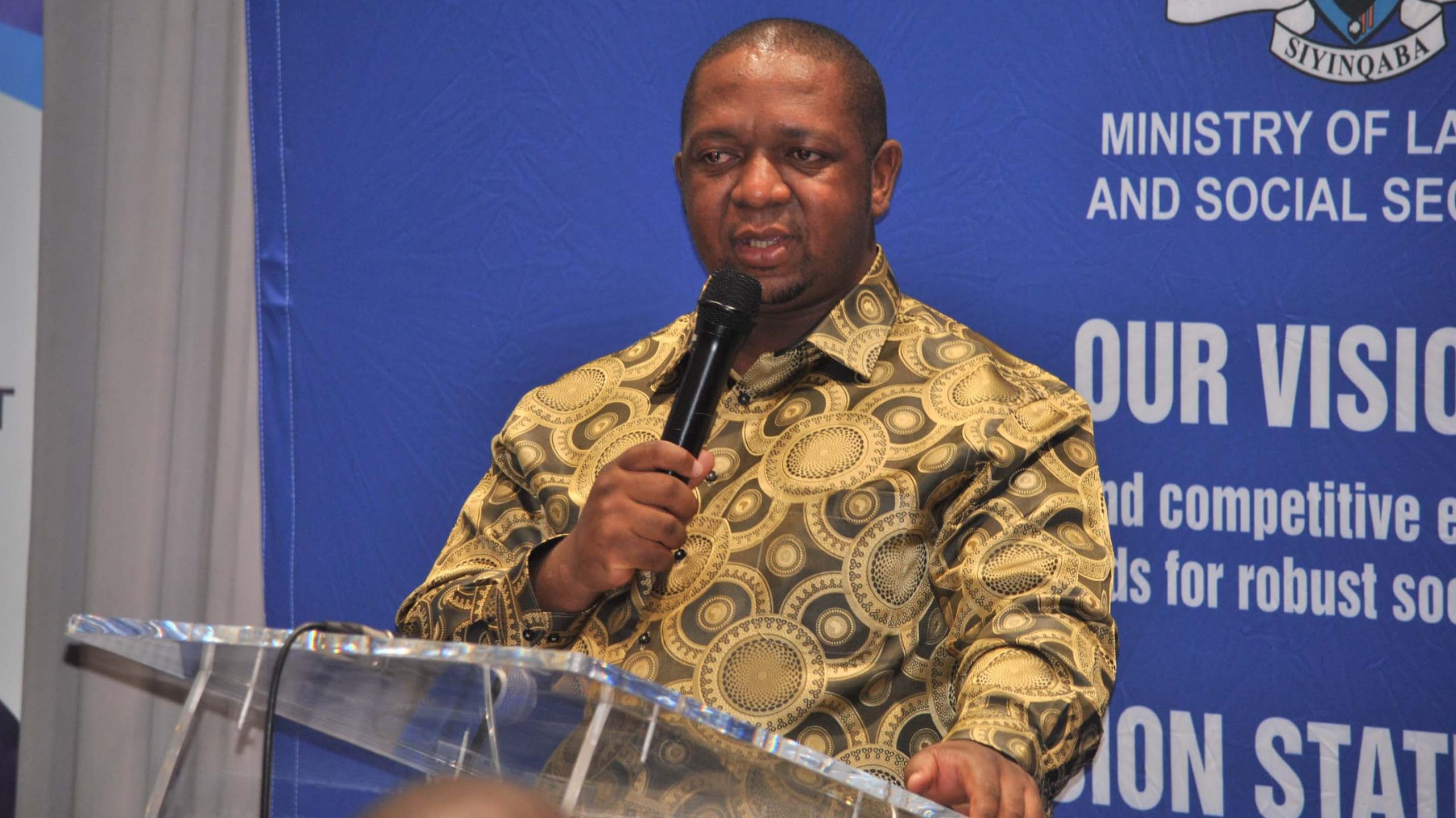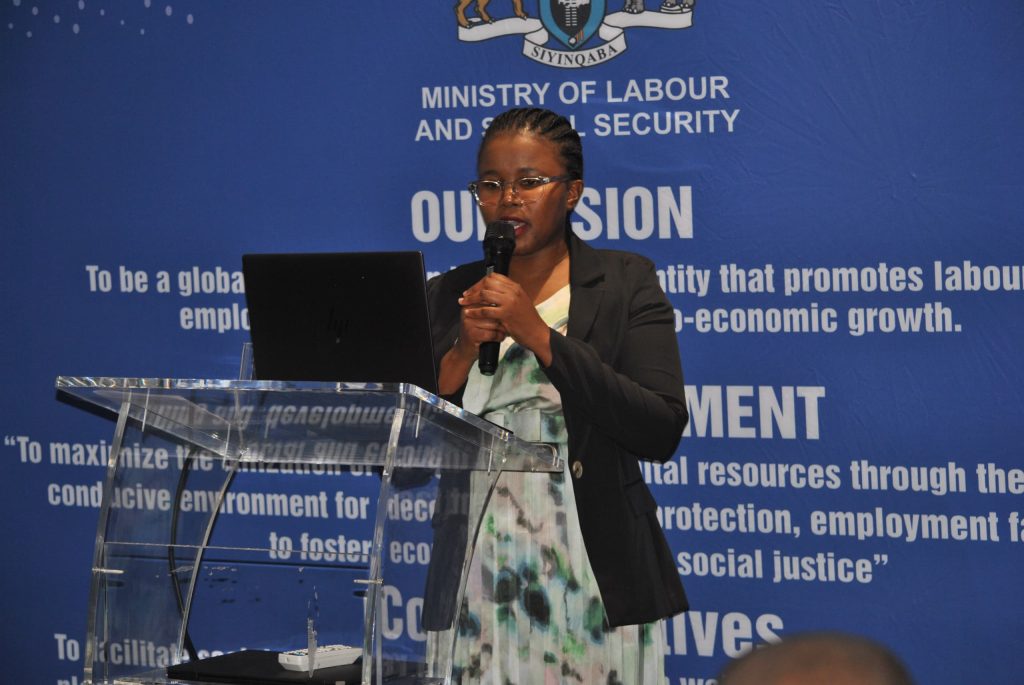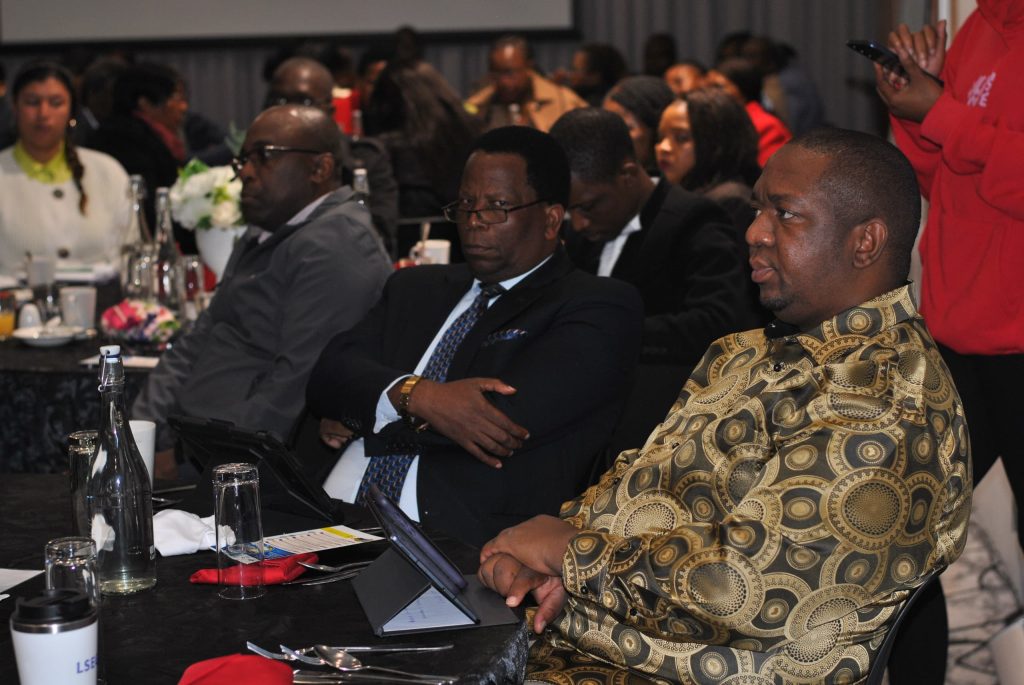
The policy, developed by the Eswatini Economic Policy Analysis and Research Centre (ESEPARC) in collaboration with the Ministry of Labour and Social Security, aims to address skills shortages, align education with labour market needs, and develop a globally competitive workforce.
Eswatini has officially unveiled its National Human Resource Development Policy (NHRDP) 2024–2030, a transformative initiative aimed at creating a skilled, competitive, and future-ready nation.
The landmark policy, unveiled today by the Minister of Labour and Social Security, Phila Buthelezi, sets a coordinated plan to tackle skills shortages, align education with labour market requirements, and cultivate a globally competitive workforce.
Developed by the Eswatini Economic Policy Analysis and Research Centre (ESEPARC) in partnership with the Ministry of Labour and Social Security, the policy represents a significant step forward in achieving the country’s human capital goals. It outlines a strategic course to develop skills aligned with economic needs and promotes cross-sector collaboration for a future-ready workforce.
The NHRDP is expected to cost E1.2 billion to implement over the next three years and is intended as a legacy framework that will transform the nation’s education and skills development landscape.
“This policy is a legacy document, one that sets the foundation for a resilient, competitive, and knowledge-driven Eswatini. Our greatest resource is not our minerals, but our people,” said Minister Buthelezi at the launch, which was attended by senior government officials, private sector leaders, and development partners.


Presenting the NHRDP and its implementation plan, Thembumenzi Dlamini from ESEPARC explained that the policy addresses long-standing issues such as limited educational pathways, skills mismatches, and fragmented training and research coordination.
Despite Eswatini having an over 90% literacy rate and offering free primary education, many graduates find it difficult to progress to higher qualifications, and holders of technical and vocational skills often lack official recognition of their competencies.
Key measures outlined in the policy include:
- 1. Assessing and aligning curricula with priority national skills needs
- 2. Introducing coding into school programmes
- 3. Establishing recognition of prior learning systems
- 4. Strengthening links between education and industry
- 5.Expanding entrepreneurship education from early childhood through tertiary education
Implementation of the policy will be led by the Ministry of Labour and Social Security, supported by a newly established National Human Resource Development Council.
This Council, comprising government, private sector, academic, and civil society representatives, will coordinate programmes, monitor progress, and ensure accountability.
Buthelezi emphasized the importance of private sector engagement, urging businesses to co-design training programmes, offer internships and apprenticeships, and invest in skills development.
“You are the ultimate beneficiaries of a skilled and productive workforce,” he told business leaders.
The E1.2 billion needed for the first three years will be sourced from government allocations, private sector contributions, and support from development partners. The policy will be reviewed every three years to ensure it remains adaptable to changing economic conditions.



